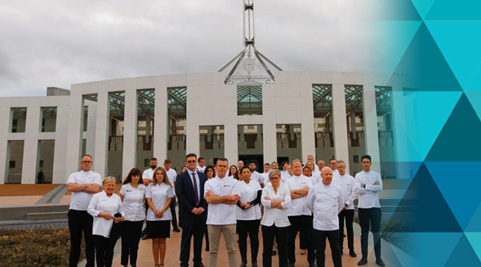Community pharmacists continue to rate higher with patients than doctors or dentists, according to a new survey released recently.
The Australian Healthcare Index survey, conducted by healthengine and the Australian Patients Association, showed pharmacists had the highest Net Promoter Score which is a customer satisfaction benchmark that measures customer engagement and advocacy.
National President of the Pharmacy Guild of Australia, Professor Trent Twomey, said the survey reflected that community pharmacists were consistently among the most trusted and respected health professionals across Australia.
“This is what community pharmacy is all about – being there for our patients and providing a reliable, accessible and trusted health service.”
Professor Twomey said the survey also highlighted the need to further reduce the Pharmaceutical Benefits Scheme general co-payment with the data showing that in the previous six months, 27 per cent of respondents had gone without prescription medicines because of their cost.
The survey, conducted in March, found that the reduction in the co-payment from $42.50 to $30 introduced on 1 January, had made a difference for 33 per cent of people. However, 32 per cent said it had not made a difference. It found that the number of people skipping their prescription medicines had risen to one in four, up 5 per cent from the November survey.
Professor Twomey said the survey results supported the Guild’s proposal to reduce the PBS general co-payment to $19.
“We advocated strongly to have the co-payment cut from $42.50, and while we welcomed the reduction to $30, we have always said it has to go down to $19 to ensure all Australians have universal and affordable access to their medicines,” Professor Twomey said.
“The reduction to $30 was a first step and we now have to take the next logical and necessary step to cutting it to $19.”
The survey also found strong support for pharmacists diagnosing and prescribing, with 56 per cent of respondents in support of pharmacists, with additional training, doing more.
Professor Twomey said the healthengine-Australian Patients Association survey also underscored patient support for the Guild’s advocacy to enable pharmacists to work to their full scope of practice.
“Pharmacists have the skills, they are accessible and they are trusted; and this survey clearly shows patients want them to be able to do more such as diagnose some conditions and dispense,” he said.
“The health system needs fixing and reducing the co-payment further and enabling pharmacists to work to their full scope are two very pragmatic moves that will make a very real difference.”


